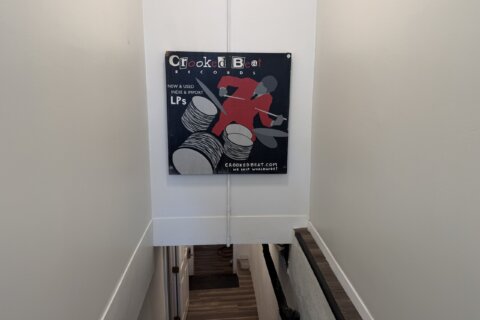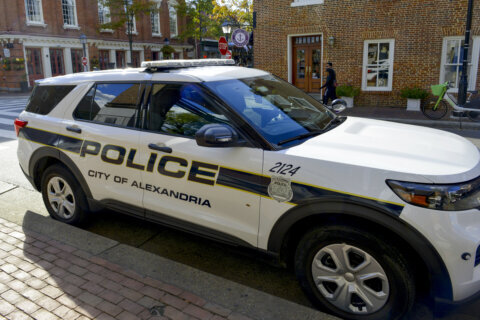The City of Alexandria, Virginia, is set to flip the switch on 911 technology that aims to help pinpoint the location of cellphone users, and quickly provide health information to assist first responders before they arrive on an emergency scene.
On Wednesday, the Alexandria Emergency Communication Center, which handles 911 calls for police, fire and medical emergencies, will launch a new cloud-based system called RapidDeploy RadiusPlus Mapping.
The new system aims to greatly reduce the amount of time it takes to learn the location of people calling 911 from a cellphone, rather than a landline.
Unlike previous-generation emergency call centers, which prompted a two-step process of locating the cell tower a phone was using and then triangulating a general vicinity, the new system provides locations with the accuracy that car-share or pizza-delivery services offer.
“In the past it was a radius that you could use to find people, but now we need to find exactly where they are,” said Renee Gordon, director of Alexandria’s communication center. “It’s nothing like having a pinpoint on your map that says, ‘This is where I am — this is exactly where I am.'”
Steven Raucher, CEO of RapidDeploy, said accuracy begins with the operating system of both Apple and Android phones.
“When a citizen is calling 911, the smartphone automatically enables all the location-based settings within that device,” Raucher said.
“The net effect is we’re getting the same quality of location services as if we had an app installed on the device, but in fact it’s an operating system function which is providing what’s called hybrid location,” he said. “It’s around three meters of accuracy, on average.”
Raucher and Gordon said the Internet of Things data is integrated into the local information, providing call-takers with more than just where the caller is located.
By partnering with companies such as OnStar and MedicAlert, school panic button apps, digital information regarding a vehicle involved in a crash or a patient’s medical condition can be shared with call-takers if a user opts-in.
“If you’ve configured your emergency health profile settings on your smartphone, the 911 call-taker can see if you’re diabetic, or have some sort of allergies, and that information is transmitted in our platform as well,” said Raucher.
“All this kind of information is usually segregated out in the ether,” he said. “We bring in a common operating picture for all these signals, so the call-takers at the 911 centers can make the best informed decision.”
Providing the call-taker with as much information as early as possible about the emergency and the patient can help make sure first responders have the appropriate tools.
“They know what equipment they might need, but they might not have on a particular unit,” said Gordon. “So, they can call for a different unit, knowing that information ahead of time.”







